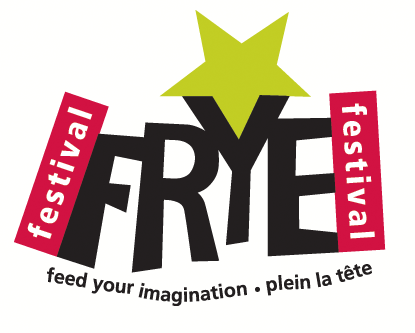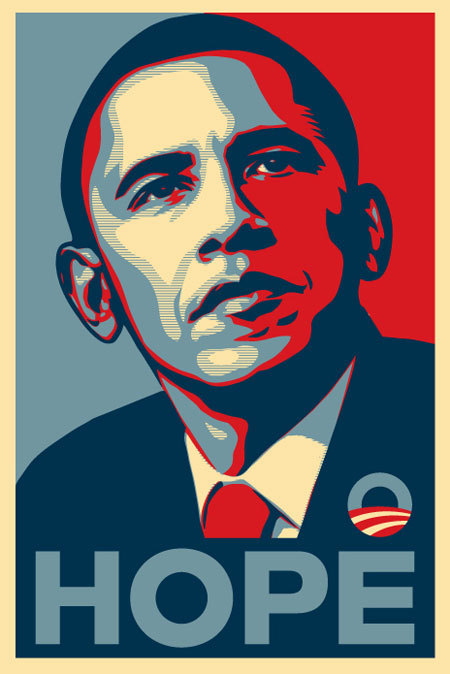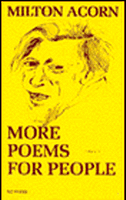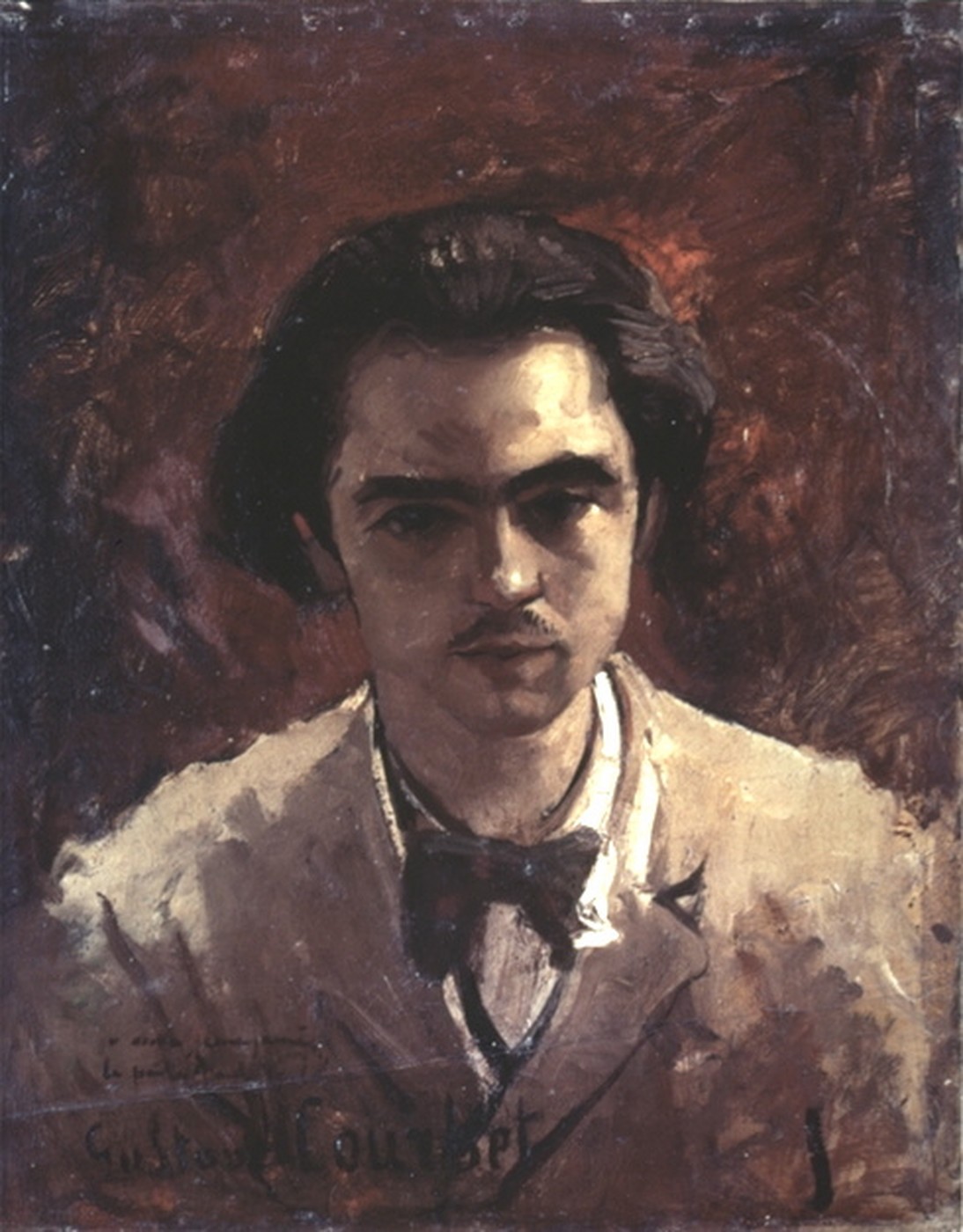Michael Dolzani’s 2004 talk to the Frye Festival, “The View From the Northern Farm: Northrop Frye and Nature”, is now posted in the Frye Festival archive in the journal. You can link to it directly here.
A sample:
My title is inspired, if that is the word, from the fact that the name “Northrop” apparently means “northern farm.” In fact, the name-book whence the information derives lists Northrop Frye as the most famous instance of the name. When I first learned of this, I thought it was a bit ironic. Northrop Frye’s sensibility is urban; he belongs to Moncton and Toronto, and does not have much to do with farms. He is, however, northern, and the etymology got itself linked in my mind with the lyrics to a song called “Farmhouse,” from an album of the same title by the rock group Phish. In the song, the speaker begins by saying, “Welcome, this is a farmhouse.” But he quickly goes on to apologize that “We have cluster-flies, alas / And this time of year is bad. / We are so very sorry, / There is little we can do / But swat them.” The failure of nature seems linked to the failure of human relationships, and the failure of relationships in turn to the failure of community, as the speaker drifts from alluding to a lover who walked out on him to the observation that “Each betrayal begins with trust, / Every man returns to dust.” Then, unexpectedly, an anthem-like refrain erupts with a complete reversal of the meaning of this melancholic farmhouse: “I never saw the stars so bright, / In the farmhouse things will be all right.” This reversal, or, to use Frye’s term, recreation of the vision of inhospitable nature and selfish human nature is the subject of my talk. The direction of the reversal is from a “realistic” perspective allied with both common sense and scientific materialism to what Shakespeare in Twelfth Night calls “A natural perspective, that is and is not.” The latter is the perspective that we call imaginative and spiritual. It both is and is not because it begins as a fiction, and yet, unlike mere wish-fulfillment fantasies, has the potential to transform what the poet Wallace Stevens called “things as they are.” The fact that Frye, like Stevens, with various qualifications, grants authority to both perspectives gives him the title of his last book, The Double Vision.
Phish’s “Farmhouse” after the jump.



